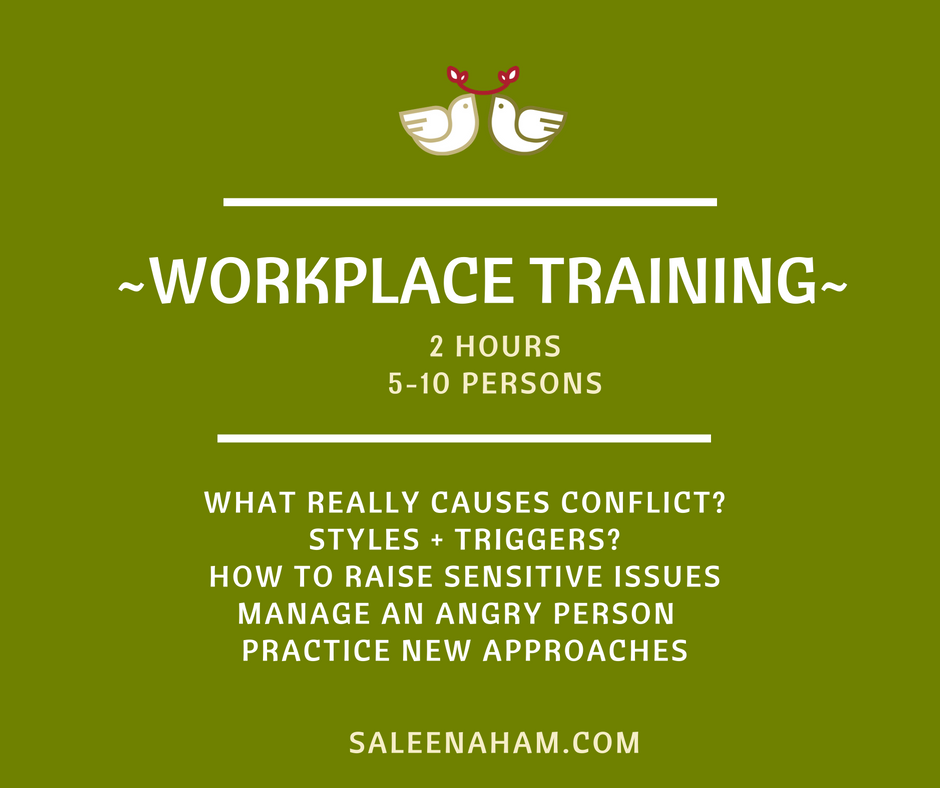What is personal power? It is the capacity to creatively direct your life, to choose goals and make choices, to be in charge of your destiny and achieve outcomes. It is self knowledge, self confidence, self mastery. It is the enthusiasm and values that you generate and exhibit. It is the capacity to influence. It is the ability to communicate.  When individuals are stalled in finding personal power constructively, then they seek to express their power destructively. This is ultimately an expression of weakness – not an expression of strength. They achieve power by taking it from others, rather than creating their own with internal self-work.
When individuals are stalled in finding personal power constructively, then they seek to express their power destructively. This is ultimately an expression of weakness – not an expression of strength. They achieve power by taking it from others, rather than creating their own with internal self-work.
Stephen Luke is an academic who defines several dimensions of power all of which can be used in a time or place to meet needs positively or negatively; to achieve outcomes that enhance or destroy. Power itself is neither good nor bad, but like any tool it can be used in either direction.
Direct power involves compulsion, coercion or force. If you disagree or don’t follow orders you are materially punished. It is power used over others or against them; power applied at their expense; power that takes power from others through fear of consequence. Yes, used by dictators…and parents. Also applied through a justice system.
Latent power involves situations where those with impacted interests cannot express them or are unable to recognise them. For example, decisions are made that affect people but they don’t know about it. Essential expert or whole information is withheld for good or bad reasons. An issue is framed narrowly in public communication, or with a particular boundary or perspective to influence understanding, limit perceived options or possibilities. Power can be held in this way, even when it is not used or needed. Latent power is used by governments, guardians and sometimes by companies marketing or conducting community consultation.
Structural power involves controlling the norms and beliefs of a person, an association, a society. This is done by institutionalising compliance, by facilitating or rewarding obedience, by developing awareness. Some name this a ‘false consciousness’; some label it ‘social engineering’; some label it ‘marketing’. It can be used for public health campaigns. It can become a failure to question what is happening, to accept what happens as normal, as ‘the way things are’. Structural power is also a basis for religion, civil society and community, expressed as shared values.
Relational power is the result of interactions and connections that create trust, connection, reciprocity and consent. We give authority to someone because we assess that they know what they are doing; we believe it is in our interests to be advised or lead. Advertisers draw on this by dressing actors in white coats or using famous folk to endorse a product. Relational power can build collaborative energy within a team or community. It can rob individuals of personal choice or it can be used to solve problems, be self fulfilling and mutually beneficial.
There is considerable debate and discussion about power, its source and purpose and and application; about the innate nature and capacity of humans. Essentially however, it is a part of every day for everyone. We all have power and we all give power and being conscious of these interactions and flows, opens the possibility of conscious choices.
Saleena Ham
Luke, Stephen. (2005) Power: A Radical View, Basingstoke: Palgrave Macmillan.









